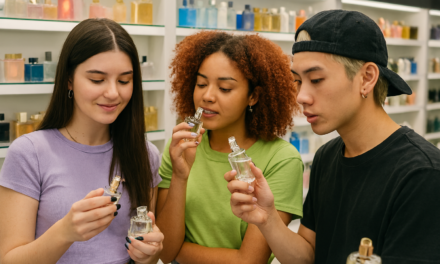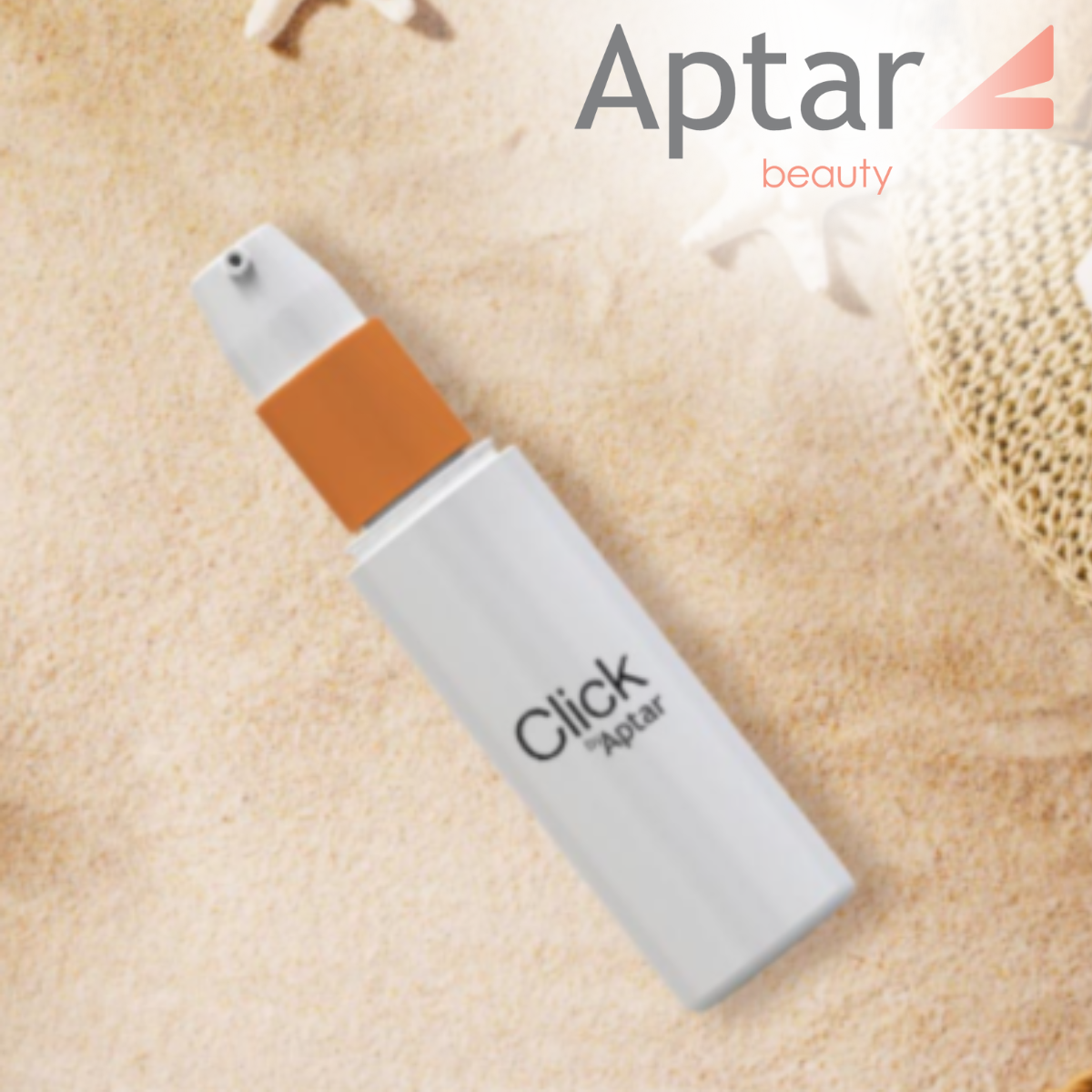Exosomes in Skincare: Implications for Researchers
Image used for illustrative purposes only
Exosomes, naturally occurring extracellular vesicles, have recently emerged as a revolutionary component in skincare formulations. A recent review published in the journal ‘Cosmetics’ delves into the therapeutic values of exosomes in skincare, skin care, tissue regeneration, and dermatological diseases.
This comprehensive review titled “Use of Exosomes for Cosmetics Applications”, authored by Abhimanyu Thakur and colleagues, explores the potential of exosomes as a revolutionary component in cosmetic formulations.
Key research methods:
- Systematic Literature Review: The authors conducted a systematic review of existing studies on exosomes in cosmetics and skincare. They used major medical databases like PubMed to collect and analyze relevant data.
- Meta-Analysis: This approach facilitated the collection and meta-analysis of data, ensuring a rigorous assessment of recent advancements in exosome research.
- Data Collection and Analysis: The review involved meticulous data collection and analysis using software tools like Covidence and Rayyan to ensure accuracy and reliability.
- Critical Selection Criteria: Studies were selected based on their relevance to the topic, focusing on human or animal studies published in English that evaluated the use of exosomes in medical/cosmetic dermatology.
These methods helped the authors provide a comprehensive overview of the potential therapeutic benefits and underlying mechanisms of exosomes in cosmetics.
Key Findings
- Mechanism of Action: Exosomes are small extracellular vesicles that facilitate cellular communication by delivering proteins, lipids, and genetic material to skin cells. This mechanism enhances skin rejuvenation, hydration, and elasticity.
- Applications: The review highlights exosomes’ role in reducing wrinkles, improving skin texture, and promoting tissue regeneration. They also show promise in treating dermatological conditions such as psoriasis, atopic dermatitis, and vitiligo.
- Challenges: Despite their potential, exosomes face challenges such as variability in isolation methods, regulatory hurdles, and the need for standardized formulations.
Regulatory Challenges
Exosome-based skincare products face several regulatory challenges due to their unique properties and biological origin. Here are some key issues:
- Classification: Exosomes blur the line between cosmetics and biologics, making it difficult to determine the appropriate regulatory pathway for approval. This ambiguity can lead to delays and complications in the approval process.
- Safety Assessments: Unlike traditional skincare ingredients, exosomes require more rigorous safety assessments due to their biological nature. Ensuring their safety for human use involves extensive testing and validation.
- Standardization: Variability in exosome isolation methods and source cells can lead to inconsistencies in product quality. Establishing standardized protocols for exosome production and purification is essential for regulatory approval.
- Clinical Trials: Demonstrating the long-term safety and efficacy of exosome-based products through clinical trials is crucial. However, conducting these trials can be time-consuming and expensive.
- Ethical Considerations: The use of human-derived exosomes, especially those sourced from embryonic or fetal tissues, raises ethical concerns. Transparency and compliance with ethical standards are necessary to gain public acceptance.
- Regulatory Landscape: The regulatory landscape for exosome-based products is still evolving. Keeping up with changing regulations and ensuring compliance can be challenging for manufacturers.

Implications for Researchers
This review underscores the importance of further research to optimize exosome-based skincare products. Researchers are encouraged to focus on standardizing isolation techniques, conducting clinical trials, and navigating the evolving regulatory landscape.
Exosomes represent a promising frontier in skincare, offering targeted and effective solutions for various skin concerns. As research progresses, they may become a staple in advanced skincare formulations, providing transformative benefits for skin health.
Addressing these challenges requires collaboration between researchers, manufacturers, and regulatory bodies to establish clear guidelines and standards for exosome-based skincare products.

Author : Sheela Iyer
sheela@cosmetech.co.in
Sheela Iyer is an observer of the Indian Cosmetics & personal care industry and the editor of ‘Cosmetech’. She regularly video interviews industry experts on Cosmetech TV and has her fortnightly podcast ‘Cosmetics Today’
Subscribe to our free newsletter to read the latest news and articles before they are published.











Subscribe To Our Newsletter
Join our mailing list to receive the latest news and updates from The Cosmetics industry
You have Successfully Subscribed!